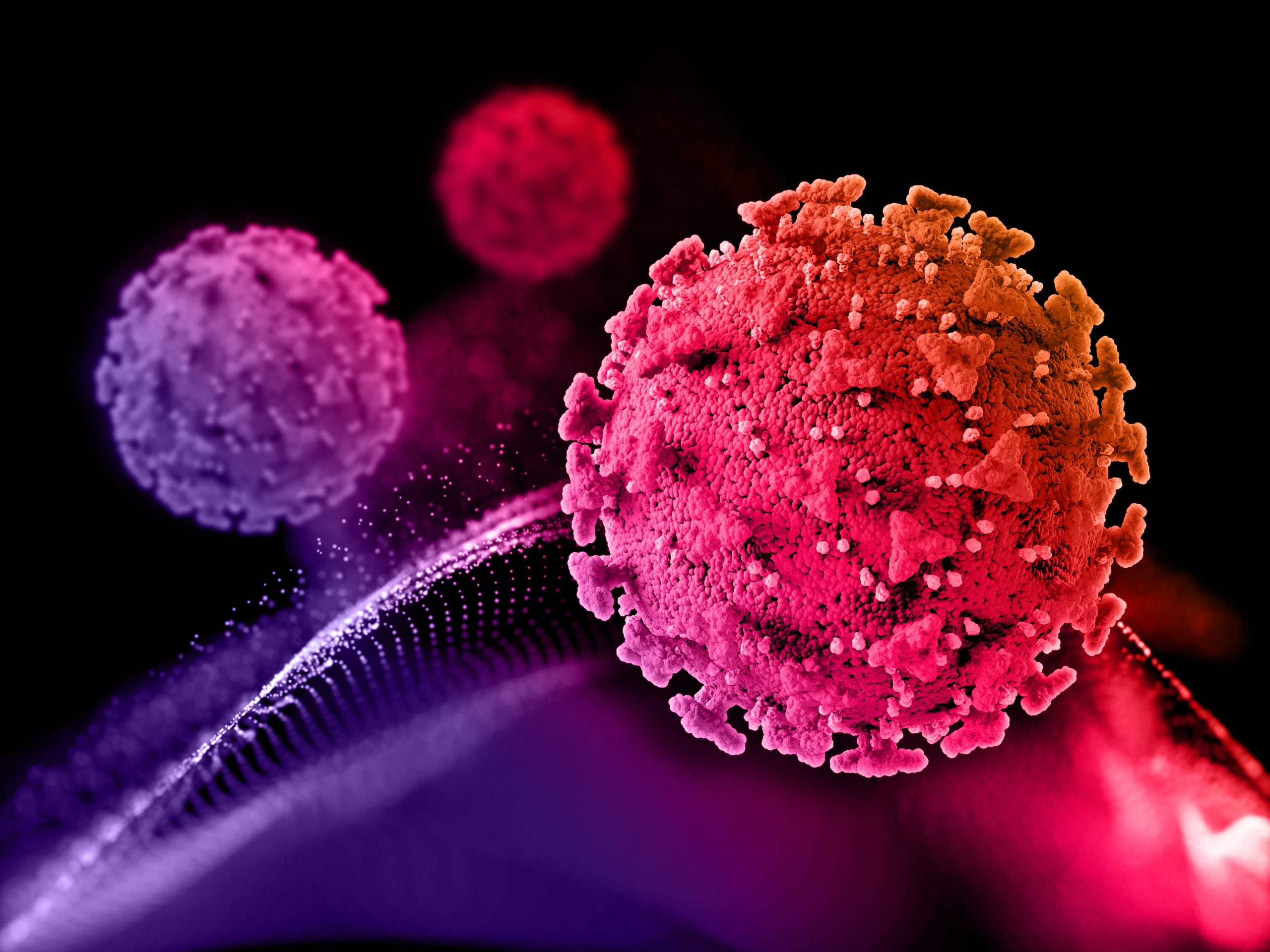

A symposium was presented at the 52nd Annual Meeting & Exhibition of the AADOCR, which was held in conjunction with the 47th Annual Meeting of the CADR, with the goal of advancing knowledge of the tumor microenvironment, immune tolerogenic niches at cancer initiation, and novel immunotherapeutic approaches in patients with head and neck cancer. The Oregon Convention Center in Portland hosted the AADOCR/CADR Annual Conference & Exposition from March 15–18, 2023.
A promising new treatment option for head and neck cancer (HNC), cancer immunotherapy has emerged as a result of a better understanding of tumor immunology during the past 20 years. Yet, it is now evident that not all cancers have the same immunological profiles, and many are immune-refractory to immunotherapy.
In order to more precisely predict prognosis and create therapeutic methods that can make cancers receptive to immunotherapy and the immunologic effects of conventional medications, it is necessary to better comprehend the complex tumor microenvironment.
This symposium, which was put together by Simon Young of the University of Texas Health Science Center at Houston, gave a high-level overview of exciting developments in understanding the tumor microenvironment, including the intricate immunosuppressive mechanics of the extracellular matrix, the development of an immune tolerogenic niche at cancer initiation, and the potential of novel immunotherapeutic approaches to target the unfavorable tumor immune microenvironment in head and neck cancer.
The main clinician-scientist speakers covered a wide range of subject matter, including current issues in HNC surgical oncologic ablation methods and the development of the immunological tolerogenic niche during cancer beginning. Novel approaches to combat fibrotic inflammation and biomaterial-based methods of cancer immunotherapy and drug delivery to the immunosuppressive tumor microenvironment came next.
The symposium was designed for dental students, graduate students, dentists, dentist-scientists, and other professionals who wanted to learn more about the tumor immune microenvironment and how cancer immunotherapy will affect patients with head and neck cancer. Both clinicians and researchers were the intended audiences for this workshop.
more recommended stories
 Phage Therapy Study Reveals RNA-Based Infection Control
Phage Therapy Study Reveals RNA-Based Infection ControlKey Takeaways (Quick Summary) Researchers uncovered.
 Safer Allogeneic Stem Cell Transplants with Treg Therapy
Safer Allogeneic Stem Cell Transplants with Treg TherapyA new preclinical study from the.
 AI in Emergency Medicine and Clinician Decision Accuracy
AI in Emergency Medicine and Clinician Decision AccuracyEmergency teams rely on rapid, accurate.
 Innovative AI Boosts Epilepsy Seizure Prediction by 44%
Innovative AI Boosts Epilepsy Seizure Prediction by 44%Transforming Seizure Prediction in Epilepsy Seizure.
 Hypnosis Boosts NIV Tolerance in Respiratory Failure
Hypnosis Boosts NIV Tolerance in Respiratory FailureA New Approach: Hypnosis Improves NIV.
 Bee-Sting Microneedle Patch for Painless Drug Delivery
Bee-Sting Microneedle Patch for Painless Drug DeliveryMicroneedle Patch: A Pain-Free Alternative for.
 AI Reshapes Anticoagulation in Atrial Fibrillation Care
AI Reshapes Anticoagulation in Atrial Fibrillation CareUnderstanding the Challenge of Atrial Fibrillation.
 Hemoglobin as Brain Antioxidant in Neurodegenerative Disease
Hemoglobin as Brain Antioxidant in Neurodegenerative DiseaseUncovering the Brain’s Own Defense Against.
 Global Data Resource for Progressive MS Research (Multiple Sclerosis)
Global Data Resource for Progressive MS Research (Multiple Sclerosis)The International Progressive MS Alliance has.
 AI Diabetes Risk Detection: Early T2D Prediction
AI Diabetes Risk Detection: Early T2D PredictionA new frontier in early diabetes.

Leave a Comment